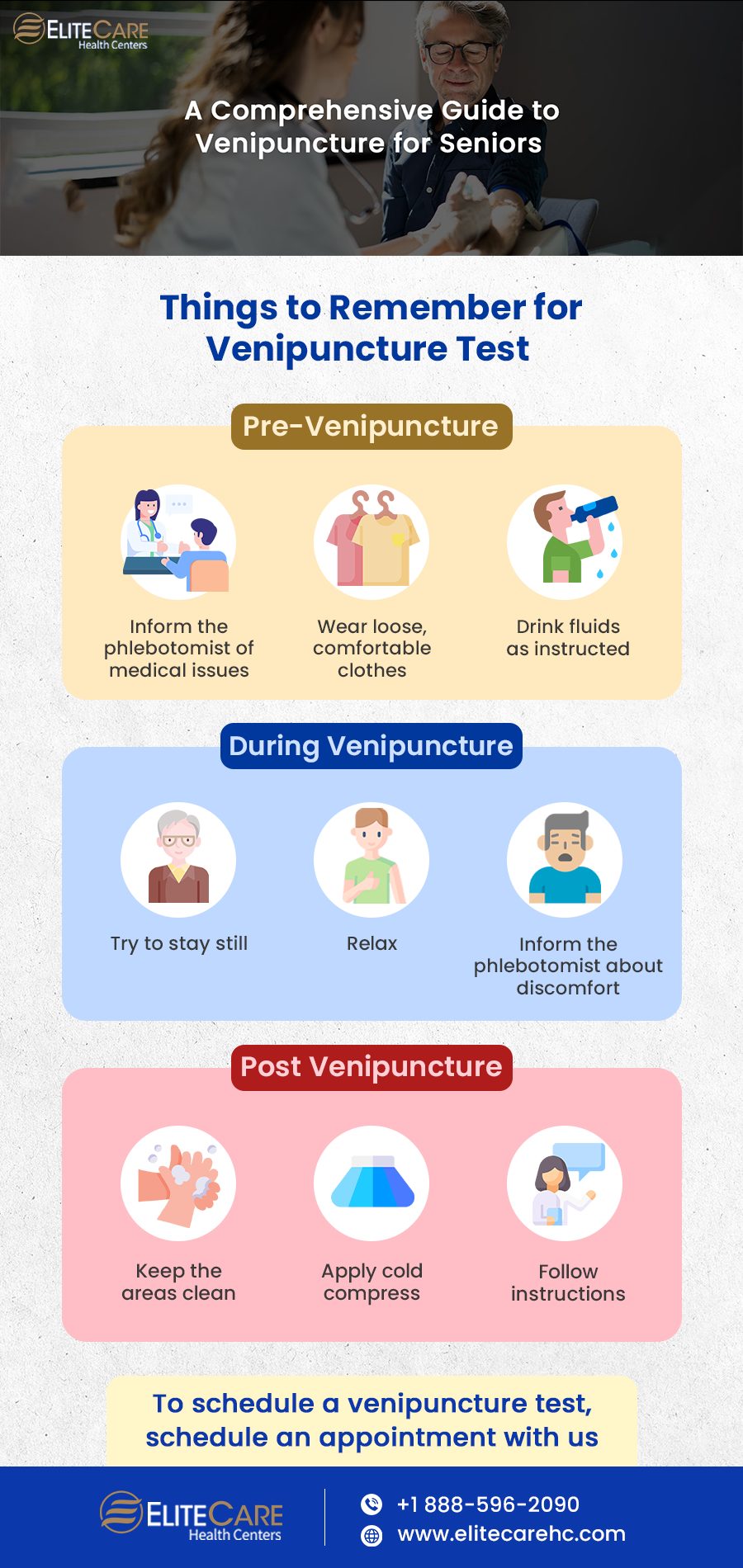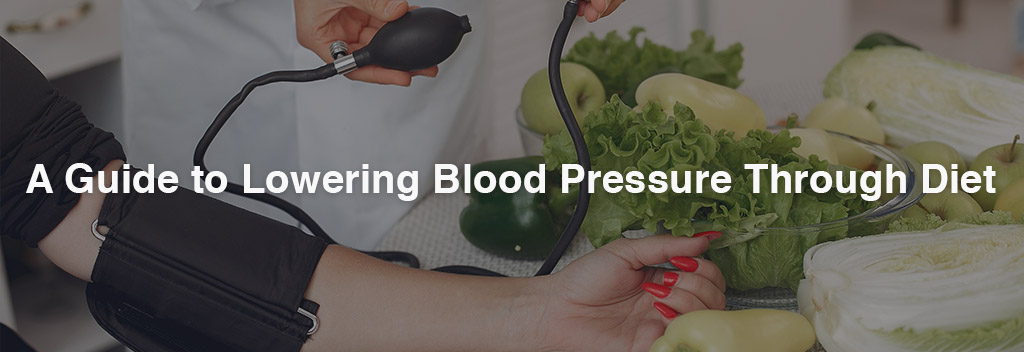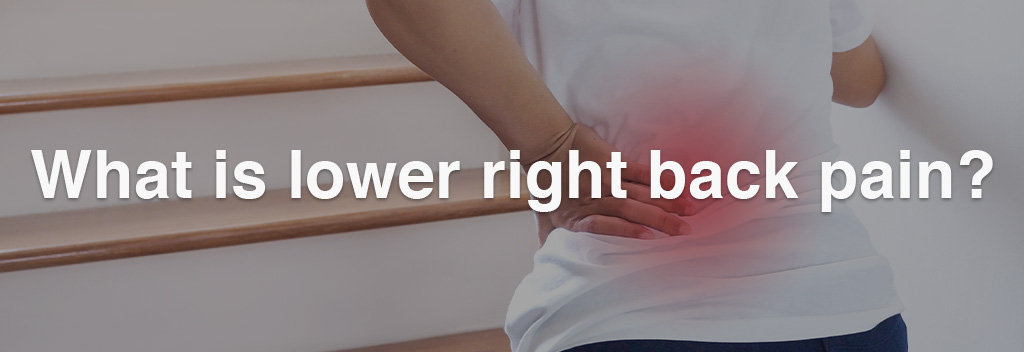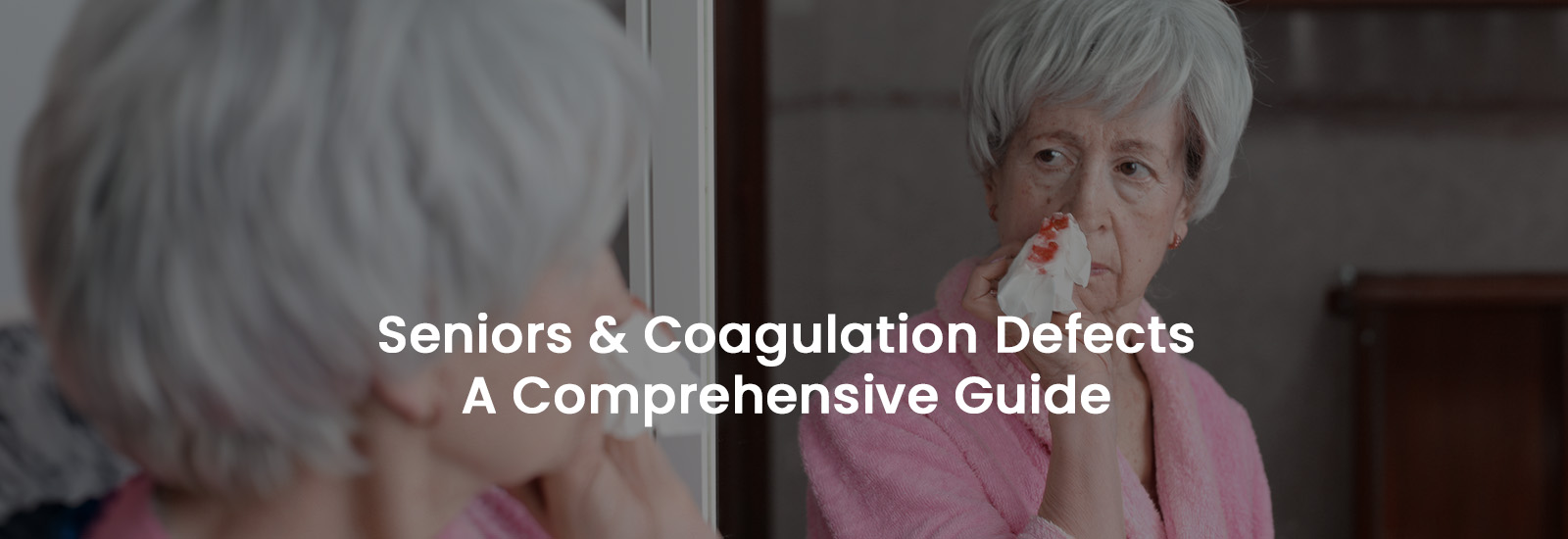
Venipuncture is a medical procedure in which a healthcare provider inserts a needle into a vein in order to draw blood or administer medication. The purpose of a routine venipuncture test is to obtain a sample of blood for testing or to administer medication that cannot be taken orally. It is a common and safe procedure that is performed in hospitals, clinics, and other healthcare settings. A study found that elderly patients experienced significantly less pain and discomfort when venipuncture was used, as compared to other techniques such as intramuscular injections or arterial blood draws.
The length of time it takes to perform a venipuncture test depends on a variety of factors, including the size and location of the vein being accessed, the experience of the healthcare provider, and the individual’s level of cooperation. On average, a venipuncture procedure takes a few minutes to complete.
Who Performs It?
Routine venipuncture is typically performed by healthcare professionals who have been trained in the procedure, such as nurses and phlebotomists. These professionals are skilled at locating and accessing veins, and they follow strict protocols to ensure the safety and comfort of the person undergoing the procedure. In some cases, other healthcare professionals, such as paramedics, may also be trained to perform venipuncture.
Things to Remember for a Venipuncture Test
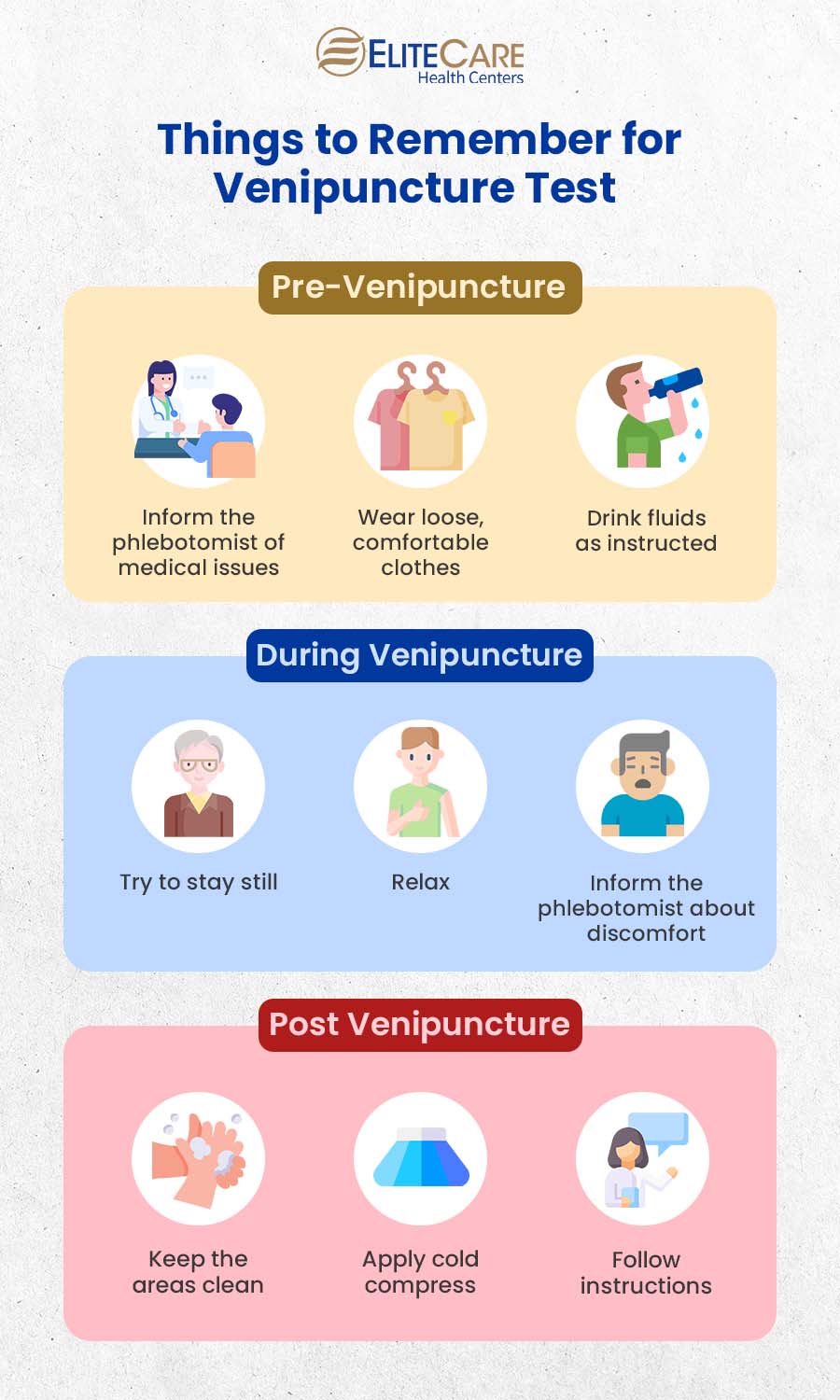
Pre-Venipuncture Preparation
1. Inform the phlebotomist of any prior medical issues
It is critical for seniors undergoing venipuncture to inform the phlebotomist or other healthcare provider of any prior medical issues they may have. This includes any allergies, bleeding disorders, or conditions that may affect their ability to bleed or clot. The healthcare provider can use this information to take appropriate precautions and select the most appropriate site for needle insertion.
2. Wear loose, comfortable clothes
Seniors may have more difficulty with venipuncture because their veins can become more difficult to access as they age. It is important for seniors to wear clothing that offers easy access to their veins, such as clothing with short sleeves or loose-fitting sleeves. This can help the healthcare provider locate and access the veins more easily and reduce the risk of discomfort or bruising.
3. Drink fluids as instructed prior to the procedure
In most cases, it is crucial to refrain from drinking fluids for 8-12 hours prior to venipuncture to ensure that the blood sample is not diluted. This is especially relevant for certain tests that require a specific concentration of certain substances in the blood. Drinking fluids can dilute these substances and affect the accuracy of the test results. Always double check with the healthcare provider to get detailed instructions about fluid consumption prior to the test.
However, keep in mind that the specific amount of time to refrain from drinking fluids may vary depending on the test being performed and the individual’s health status. It is always wise to follow the specific instructions provided by your healthcare provider.
Read More: Seniors: Are you drinking enough water?
During the Venipuncture
1. Try to stay still during the procedure
Seniors undergoing venipuncture should try to remain still throughout the procedure to minimize the risk of accidental needle injuries. Sudden movement can also cause the vein to move, making it more difficult for the healthcare provider to access it.
2. Stay relaxed
Tensing up or becoming anxious can cause the veins to constrict, making it more difficult to locate and access them. It can also increase the risk of discomfort or pain during the procedure.
3. Inform the phlebotomist about any discomfort
If the person undergoing venipuncture experiences any discomfort during the procedure, it is important to inform the healthcare provider immediately. They can then adjust the needle or take other steps to minimize discomfort. It is also crucial to follow any instructions provided by the healthcare provider, such as taking slow, deep breaths or making a fist while drawing blood.
Post-Venipuncture
After the procedure, the phlebotomist generally presses a sterile piece of gauze or a cotton ball against the site and holds it in place with a bandage or tape to stop bleeding and prevent scarring. However, seniors should cover the puncture site with a bandage to keep it clean and protected. This can help to prevent infection and keep the site moist, which can promote healing.
Applying a cold compress to the puncture site can also help to reduce post procedure swelling and discomfort. This can be done by placing a cold, damp cloth or an ice pack wrapped in a towel against the site for a few minutes at a time. Avoid placing ice directly on the skin, as it can irritate the skin.
Read More: Skincare for Seniors – Must-do routines and tips
Follow any specific instructions provided by the healthcare provider, such as avoiding certain activities or medications that may affect the healing process. Also, look out for any signs of complications, such as redness, swelling, or fever, and report these to the healthcare provider as soon as possible.
Potential Risks and Complications
There are several potential risks and complications associated with venipuncture in seniors. Some of these include:
- Bruising: Seniors may be more prone to bruising due to their thin skin and reduced circulation.
- Fainting: Some seniors may experience dizziness or fainting during or after venipuncture at the sight of blood or due to the sensation of the needle.
- Infection: Although rare, there is a risk of infection at the site of needle insertion. This risk can be minimized by proper hand hygiene and the use of sterile equipment.
- Allergic reaction: In extremely rare cases, an individual may have an allergic reaction to the materials used during the procedure, such as the rubber tourniquet or the needle.
- Pain: Some individuals may experience discomfort or pain during or after venipuncture.
Summing It Up
Venipuncture is a common and generally safe procedure that is performed with caution to minimize the risk of complications and helps reduce fear in seniors who may be anxious about the use of a needle. By following these guidelines, seniors can help to minimize the risk of complications and help in ensuring a safe and successful venipuncture procedure. For any queries or concerns, consult a primary care physician at the earliest to avoid any severe side effects.
Looking for a primary healthcare center to get venipuncture done? Contact EliteCare Health Centers, the best medical clinic in Florida, to schedule an appointment.
